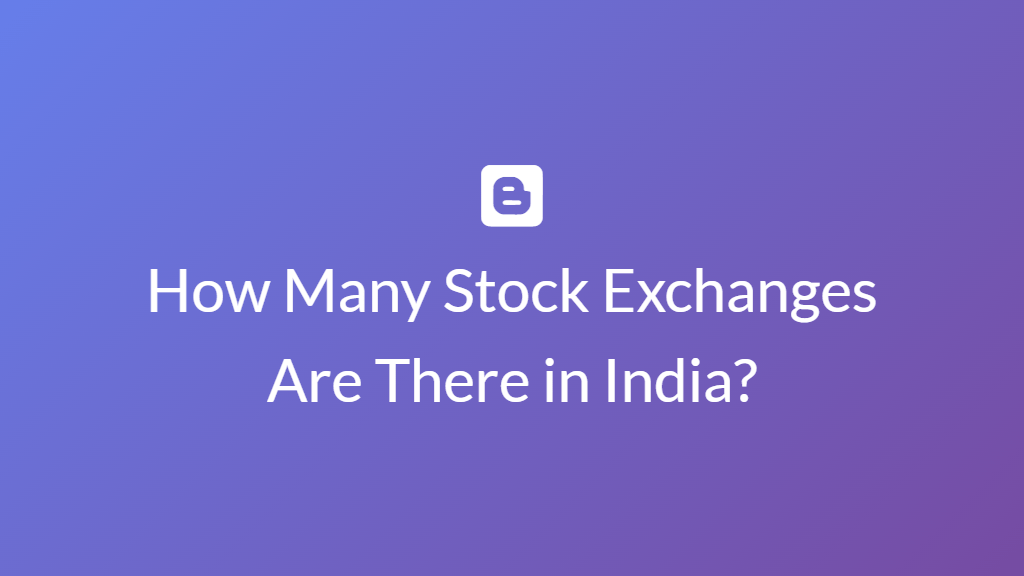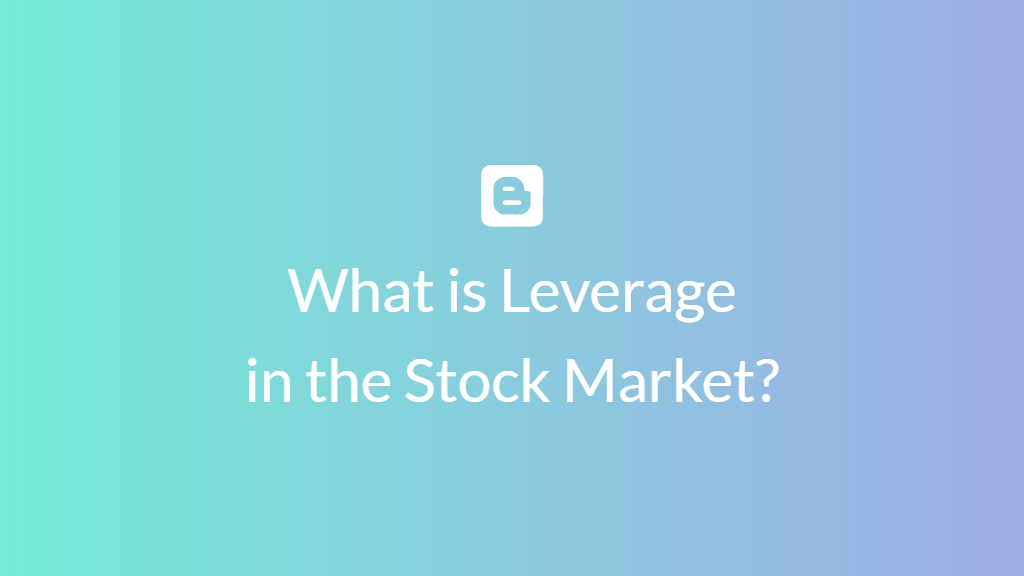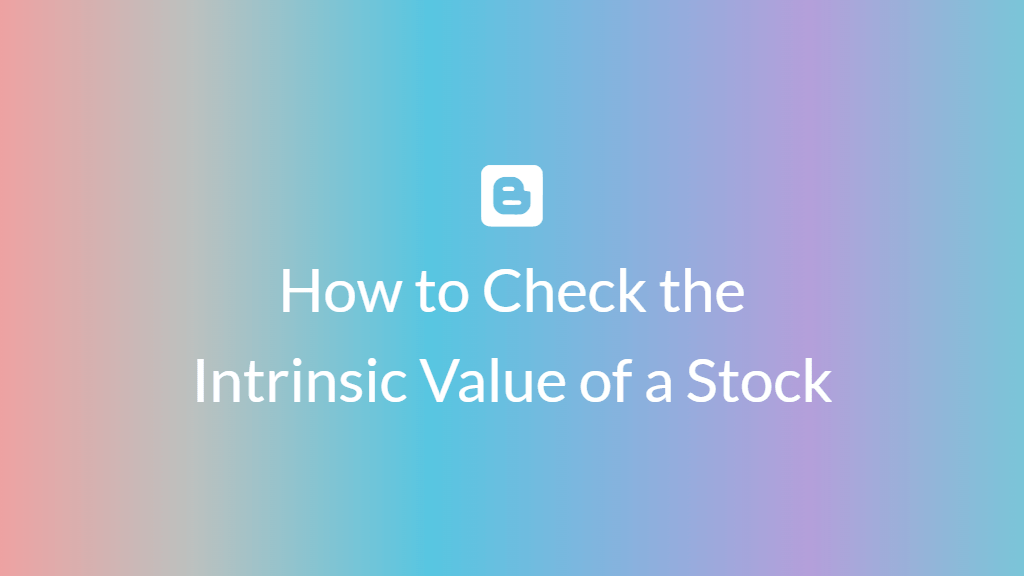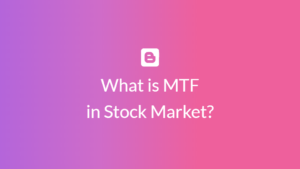How Many Stock Exchanges Are There in India?

Stock exchanges play a pivotal role in the economy of any country, acting as the primary hubs for trading securities like stocks, bonds, and commodities. In India, the stock exchange system is vast and complex, offering multiple platforms for individuals and institutional investors to trade various financial instruments. So, how many stock exchanges are there in India, and how do they function? Let’s break it down.
What is a Stock Exchange?
Before diving into the specific exchanges, it’s essential to understand what a stock exchange is. In simple terms, a stock exchange is a marketplace where securities such as stocks, bonds, and commodities are bought and sold. It provides a platform for buyers and sellers to meet, and it ensures that trading is conducted in an orderly and regulated manner.
Stock exchanges help create liquidity in the financial market, facilitating price discovery and offering companies a chance to raise capital by listing their shares. In India, stock exchanges not only cater to local investors but also attract foreign investors, contributing significantly to the country’s economic growth.
Major Stock Exchanges in India
India is home to several stock exchanges, with two major ones dominating the landscape.
Bombay Stock Exchange (BSE)
The Bombay Stock Exchange (BSE) is India’s oldest stock exchange, founded in 1875. Over the years, it has grown to become one of the largest stock exchanges in the world by market capitalization. Located in Mumbai, the financial capital of India, the BSE has more than 5,000 listed companies, covering various industries from banking to technology.
The BSE has a significant role in the Indian economy, as it provides a platform for businesses to raise capital and for investors to trade shares. The BSE’s Sensex, a stock market index, is one of the most widely followed benchmarks for the Indian stock market.
National Stock Exchange (NSE)
The National Stock Exchange (NSE) was established in 1992 and quickly became a leading player in the Indian stock market. The NSE is known for its electronic trading system, which made it the first exchange in India to provide fully automated, screen-based trading.
The NSE is home to the Nifty 50, another key stock market index in India. Over the years, the NSE has surpassed the BSE in terms of trading volume and market capitalization, mainly due to its advanced technology and the ease of access it provides to investors.
Other Notable Stock Exchanges in India
India also has several other stock exchanges catering to different markets and sectors.
Metropolitan Stock Exchange of India (MSEI)
The Metropolitan Stock Exchange of India (MSEI) is another recognized exchange that focuses primarily on small and mid-cap companies. It aims to provide a platform for trading in various financial instruments, including equity, currency, and derivatives.
Calcutta Stock Exchange (CSE)
The Calcutta Stock Exchange (CSE) is one of the oldest exchanges in India, founded in 1908. Although its prominence has declined in recent years, the CSE still plays a significant role in the regional financial markets of Kolkata and surrounding areas.
Multi Commodity Exchange of India (MCX)
The MCX is India’s largest commodity exchange, primarily focused on the trading of commodities like gold, silver, crude oil, and agricultural products. It offers a platform for hedging, price discovery, and risk management for traders involved in commodity markets.
National Commodity and Derivatives Exchange (NCDEX)
The NCDEX is another commodity-focused exchange in India. It facilitates the trading of agricultural and commodity derivatives, helping farmers, traders, and investors manage price risks associated with these goods.
Regional Stock Exchanges in India
Besides the major exchanges, India also has regional stock exchanges. These were set up in different parts of the country to help promote trading at the local level and provide access to smaller businesses looking to list their shares. However, with the rise of electronic trading and the dominance of the BSE and NSE, many regional exchanges have lost their importance and are no longer operational.
Regional exchanges still play a role in some parts of the country but are largely overshadowed by the larger, more liquid exchanges like the BSE and NSE.
History of Stock Exchanges in India
The history of stock exchanges in India can be traced back to the 19th century. The first recorded stock exchange was established in Mumbai in 1875, and it operated under the name of the Bombay Stock Exchange. Since then, the Indian stock exchange landscape has grown exponentially, with the introduction of newer exchanges and the modernization of trading systems.
The introduction of electronic trading in the 1990s, with the establishment of the NSE, was a game-changer for the Indian financial markets. This shift towards digitization made trading more accessible to retail investors, which contributed significantly to the growth of the Indian stock market.
Regulatory Bodies Governing Stock Exchanges in India
The Securities and Exchange Board of India (SEBI) is the primary regulatory body overseeing the operations of all stock exchanges in India. SEBI was established in 1988 to promote the development of the securities market and protect investor interests. It ensures that exchanges function in a transparent, fair, and orderly manner, and it regulates the activities of brokers, market participants, and listed companies.
Types of Instruments Traded on Indian Stock Exchanges
Stock exchanges in India offer a variety of financial instruments for trading:
- Equities: The most commonly traded instruments, representing ownership in a company.
- Derivatives: These are financial contracts whose value is derived from an underlying asset, such as futures and options.
- Commodities: The MCX and NCDEX allow traders to buy and sell commodities like metals, agricultural products, and energy resources.
How Many Stock Exchanges Are Active Today in India?
As of now, India has a total of 7 recognized stock exchanges. These include the major exchanges like the BSE and NSE, as well as regional and commodity exchanges like the MSEI, MCX, and NCDEX. However, the number of actively traded exchanges has been reducing, as smaller regional exchanges have gradually faded into obscurity due to their inability to compete with the BSE and NSE in terms of trading volumes and liquidity.
Stock Exchange Trading
If you’re a beginner looking to invest in Indian stock markets, you can start by opening a Demat account with a broker. Once your account is set up, you can start trading on exchanges like the BSE or NSE. It’s important to understand the different types of stocks, indices, and other instruments before making your first trade.
It’s also essential to follow market trends, understand the impact of global events, and stay updated with financial news to make informed decisions.
Conclusion
India’s stock exchange landscape is diverse, with numerous exchanges offering various financial instruments and opportunities for investors. The BSE and NSE are the two largest and most influential exchanges, but other regional and commodity exchanges also contribute to the economy. The future of India’s stock markets looks promising, with increasing digitalization, a growing number of retail investors, and expanding access to financial products.
Whether you’re an experienced investor or a beginner, understanding the role of stock exchanges is crucial to navigating the Indian stock market effectively.
FAQs
1. What are the major stock exchanges in India?
The major stock exchanges in India are the Bombay Stock Exchange (BSE) and the National Stock Exchange (NSE).
2. How many stock exchanges are operational in India today?
Currently, there are 7 recognized stock exchanges in India.
3. Can I trade in commodities on Indian stock exchanges?
Yes, exchanges like the Multi Commodity Exchange (MCX) and National Commodity and Derivatives Exchange (NCDEX) allow trading in commodities.
4. What is the role of SEBI in India’s stock market?
The Securities and Exchange Board of India (SEBI) regulates the stock exchanges in India to ensure fair and transparent trading.
5. How do I start trading in India’s stock market?
To start trading, you need to open a Demat account with a registered broker and begin trading on exchanges like BSE or NSE.















Post Comment